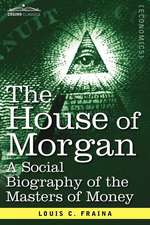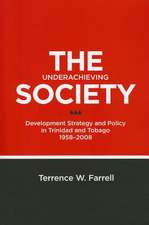Central Bank Independence and the Legacy of the German Past
Autor Simon Meeen Limba Engleză Paperback – 19 mai 2021
| Toate formatele și edițiile | Preț | Express |
|---|---|---|
| Paperback (1) | 240.43 lei 43-57 zile | |
| Cambridge University Press – 19 mai 2021 | 240.43 lei 43-57 zile | |
| Hardback (1) | 731.84 lei 22-36 zile | +30.17 lei 6-12 zile |
| Cambridge University Press – 11 sep 2019 | 731.84 lei 22-36 zile | +30.17 lei 6-12 zile |
Preț: 240.43 lei
Nou
Puncte Express: 361
Preț estimativ în valută:
46.01€ • 47.86$ • 37.99£
46.01€ • 47.86$ • 37.99£
Carte tipărită la comandă
Livrare economică 14-28 aprilie
Preluare comenzi: 021 569.72.76
Specificații
ISBN-13: 9781108731300
ISBN-10: 1108731309
Pagini: 371
Ilustrații: 13 b/w illus. 3 tables
Dimensiuni: 150 x 230 x 25 mm
Greutate: 0.49 kg
Editura: Cambridge University Press
Colecția Cambridge University Press
Locul publicării:Cambridge, United Kingdom
ISBN-10: 1108731309
Pagini: 371
Ilustrații: 13 b/w illus. 3 tables
Dimensiuni: 150 x 230 x 25 mm
Greutate: 0.49 kg
Editura: Cambridge University Press
Colecția Cambridge University Press
Locul publicării:Cambridge, United Kingdom
Cuprins
Introduction; 1. In search of the Reichsbank; 2. The Bank deutscher Länder and the foundation of West Germany, 1948–51; 3. Adenauer's challenge: the 'Gürzenich affair' and the Bank deutscher Länder, 1956–7; 4. The shadow of national socialism: Karl Blessing and the Bundesbank in 1965; 5. The Bundesbank, social democracy and the era of the 'Great Inflation', 1970–78; Conclusion.
Recenzii
'Simon Mee has written an outstanding book that probes into how the Bundesbank connected up a particular view of history with interventions in politics as well as economics. He has skilfully uncovered the origins of the German concern with 'stability culture'.' Harold James, Claude and Lore Kelly Professor in European Studies, and Director, Program in Contemporary European Politics and Society, Princeton University
'Simon Mee tells a compelling story of how German central bankers used particular historical lessons to advance their institutional, and perhaps even personal, interests. This is required reading for anyone interested not only in German monetary history, but in the future of Europe.' Kevin O'Rourke, Chichele Professor of Economic History, University of Oxford
'A fascinating book … Highly recommended' I. Walter, Choice
'In this well-written and intensively researched book, the author argues that the fear of inflation and the love of central bank independence in Germany are not the natural product of memories from the 1920s, but a social construct framed in the domestic policy debates after 1945 by an active communication strategy devised by the central bank.' Eric Monnet, The Journal of Economic History
'Mee's great achievement is to have shed light on the origins of Germany's monetary stability myths.' Albrecht Ritschl, Economic History Review
'Simon Mee has written a fluent and compelling account of one the most important financial institutions in Europe which should be read by anybody with an interest in the history of modern Germany, or the role of central banks.' Sean Byrne, Zeitschrift für Unternehmensgeschichte vol. 66, no. 2, 2021
'Simon Mee tells a compelling story of how German central bankers used particular historical lessons to advance their institutional, and perhaps even personal, interests. This is required reading for anyone interested not only in German monetary history, but in the future of Europe.' Kevin O'Rourke, Chichele Professor of Economic History, University of Oxford
'A fascinating book … Highly recommended' I. Walter, Choice
'In this well-written and intensively researched book, the author argues that the fear of inflation and the love of central bank independence in Germany are not the natural product of memories from the 1920s, but a social construct framed in the domestic policy debates after 1945 by an active communication strategy devised by the central bank.' Eric Monnet, The Journal of Economic History
'Mee's great achievement is to have shed light on the origins of Germany's monetary stability myths.' Albrecht Ritschl, Economic History Review
'Simon Mee has written a fluent and compelling account of one the most important financial institutions in Europe which should be read by anybody with an interest in the history of modern Germany, or the role of central banks.' Sean Byrne, Zeitschrift für Unternehmensgeschichte vol. 66, no. 2, 2021
Notă biografică
Descriere
A study of the power struggle between Germany's central bank and the West German government to control monetary policy in the post-war era.
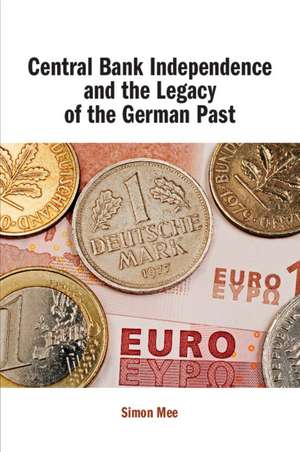

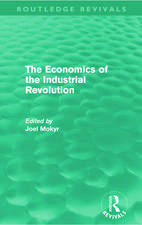
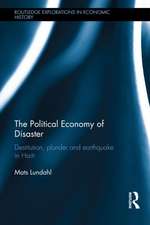


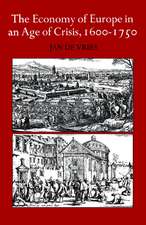

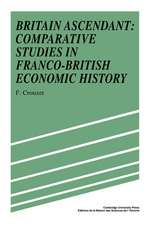

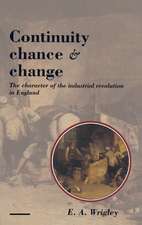
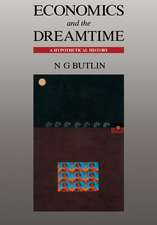
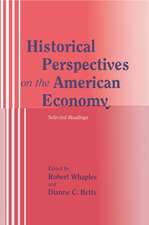


![Teach Your Kids about Countries [Vol2]: Version Adaptada Al Castellano Actual Por Rafael Antunez y Raul Alonso](https://i1.books-express.ro/bt/9781480268166/teach-your-kids-about-countries-vol2.jpg)
![Teach Your Kids about Countries [Vol3 ]: Version Adaptada Al Castellano Actual Por Rafael Antunez y Raul Alonso](https://i2.books-express.ro/bt/9781480268173/teach-your-kids-about-countries-vol3.jpg)
![Teach Your Kids about Countries [Vol4 ]: Version Adaptada Al Castellano Actual Por Rafael Antunez y Raul Alonso](https://i3.books-express.ro/bt/9781480268180/teach-your-kids-about-countries-vol4.jpg)
![Teach Your Kids about Countries [Vol 5]: Version Adaptada Al Castellano Actual Por Rafael Antunez y Raul Alonso](https://i4.books-express.ro/bt/9781480268197/teach-your-kids-about-countries-vol-5.jpg)
![Teach Your Kids about Countries [Vol8]: Version Adaptada Al Castellano Actual Por Rafael Antunez y Raul Alonso](https://i2.books-express.ro/bt/9781480268227/teach-your-kids-about-countries-vol8.jpg)
![Teach Your Kids about Countries [Vol13]: Version Adaptada Al Castellano Actual Por Rafael Antunez y Raul Alonso](https://i2.books-express.ro/bt/9781480268272/teach-your-kids-about-countries-vol13.jpg)
![Teach Your Kids about Countries [Vol 17]: Version Adaptada Al Castellano Actual Por Rafael Antunez y Raul Alonso](https://i2.books-express.ro/bt/9781480268326/teach-your-kids-about-countries-vol-17.jpg)
![Teach Your Kids about Countries [Vol 22]: Version Adaptada Al Castellano Actual Por Rafael Antunez y Raul Alonso](https://i2.books-express.ro/bt/9781480268371/teach-your-kids-about-countries-vol-22.jpg)
![Teach Your Kids about Countries [Vol 25]: Version Adaptada Al Castellano Actual Por Rafael Antunez y Raul Alonso](https://i0.books-express.ro/bt/9781480268401/teach-your-kids-about-countries-vol-25.jpg)

